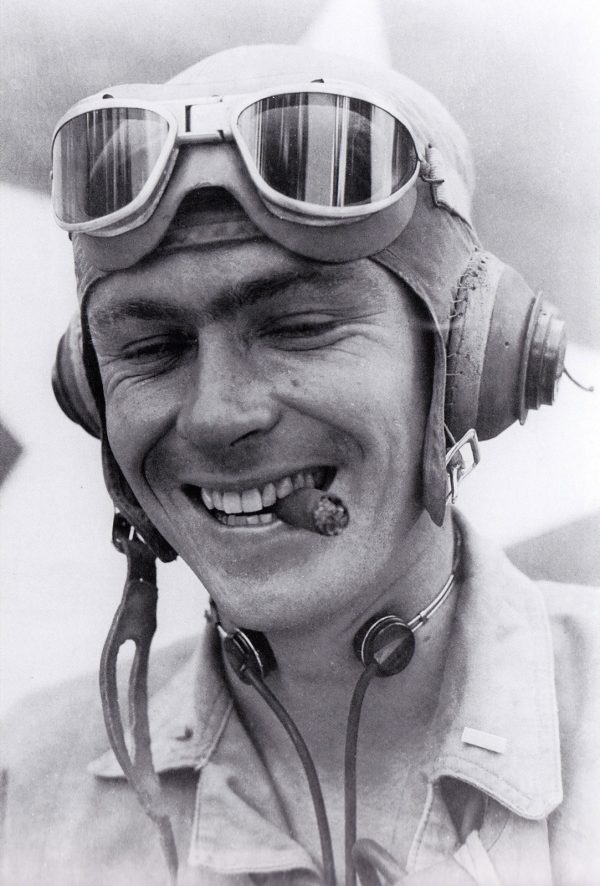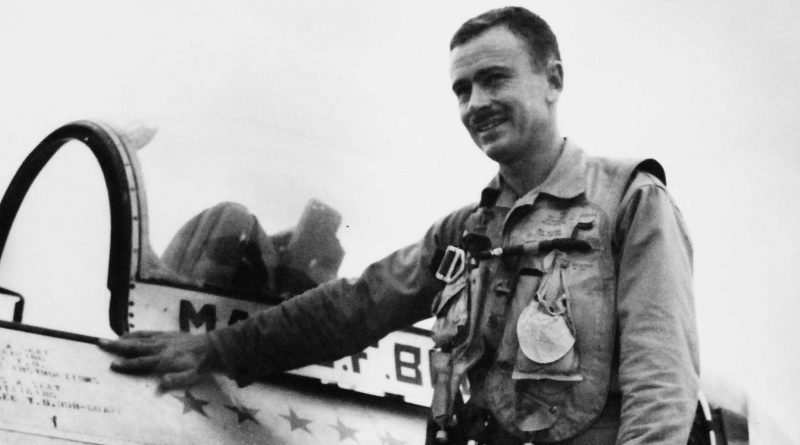July 11 in U.S. military history
1798: Having been disbanded after the end of the Revolutionary War 15 years ago, President John Adams re-institutes the United States Marine Corps for the Quasi War with France.
1804: Vice President Aaron Burr and former Treasury Secretary Alexander Hamilton — both former distinguished field-grade officers in the Continental Army — engage in a duel at Weehawken, New Jersey. Hamilton reportedly fires first, but misses. Burr’s shot hits Hamilton in the abdomen, mortally wounding George Washington’s former aide-de-camp.
1864: A corps of Confederate soldiers led by Lt. Gen. Jubal A. Early assaults Fort Stevens in Washington, D.C. President Abraham Lincoln, a former militia captain, personally observes the battle and a surgeon standing next to the president is wounded by enemy fire. Early realizes that his invasion of the Union capital is not possible as the fort cannot be taken without heavy Confederate casualties and will withdraw the following day. After the engagement, the Confederate general tells one of his subordinates, “Major, we didn’t take Washington but we scared Abe Lincoln like hell.”
1941: President Franklin D. Roosevelt names William J. Donovan – a recipient of the Medal of Honor during World War I and the “Father of American Intelligence” – to the position of Coordinator of Information. Donovan’s agency will focus on intelligence and propaganda until it is split into the Office of War Information and the Office of Strategic Services – the predecessor to the Central Intelligence Agency.
1945: 2,100 Eighth Air Force heavy bombers begin redeploying from their bases in England to the Pacific Theater.
1953: Lt. Col. John F. Bolt (featured image), a Marine Corps F-86 pilot attached to an Air Force unit, scores his fifth victory during the Korean War, becoming the only Marine ace of the Korean War and, to this day, the Marines’ only jet ace. Bolt, having shot down six enemy warplanes in both World War II and Korea, is also the only Marine to achieve ace status in two conflicts.

1969: When well-camouflaged enemy machine gun fortifications open fire on Specialist Gordon R. Roberts’ platoon, pinning the Americans down, Roberts crawls towards the nearest bunker, then leaps to his feet and kills the occupants. Ignoring the bullets whizzing past him, he charges towards another bunker, but a burst of fire knocks Roberts’ weapon from his hands. After obtaining another weapon from the battlefield, he continues forward and silences a second position. He then takes out a third bunker with grenades, then a fourth – despite being completely separated from his unit.
Roberts manages to link up with another company and helps drag wounded soldiers down the hill before returning to his unit. President Richard Nixon awards him the Medal of Honor in 1971. Roberts rejoins the Army after receiving a commission in 1991, retiring as a colonel in 2012.
